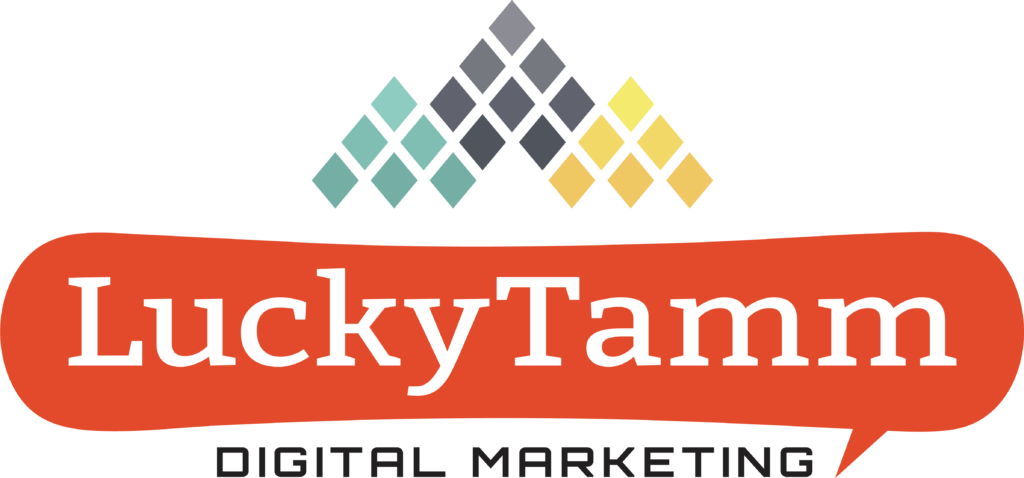For better or worse, web searches drive business. Google processes 3.5 billion searches a day. Many of them are consumer based, and the results can make—or break—your business. When the American Egg Board’s website was falling in organic search rankings, its website traffic decreased, and it began struggling to connect egg farmers with consumers. A website revamp made its content more discoverable, and it was able to increase its mobile traffic by 87% and web traffic 22%. Users also began engaging more by sharing recipes from the site. SEO was key to the organization’s survival. Let’s take a look at why your website needs SEO.
What is SEO?
The acronym SEO stands for “Search Engine Optimization.” It’s an umbrella term for processes used to increase your site’s visibility in searches and its ability to attract high-quality web traffic. The higher your page is listed, or ranks, in search engine results from sites like Google or Bing, the more likely your site is to attract attention—and potential customers.
How does SEO work?
Search engines employ bots to crawl pages on the Internet. They compile and index the information they find, then algorithms determine the order pages and keyword rankings appear in search results. Pages are ranked according to the relevancy to the user’s search and authority — in other words, the information’s expertise or credibility. How pages are prioritized has evolved over the years and will continue to do so as the search engines refine their approaches and algorithms. In short, what worked well in 2020 may not work well in 2021. That’s why fine-tuning your website’s SEO should be an ongoing process.
Here are a few factors that will improve SEO:
- Title tag and meta description/snippet optimization
- Linking Strategy, which involves on page and off page optimization
- Earning external links (backlinks) to the website
- Site speed, especially mobile
- Measuring user experience to improve the time they spend on your website (in other words, decreasing bounce rate)
- Producing useful content to fulfill a user’s search intent.
In recent years, content quality and keyword research have become key ranking factors. Crawlability (how easily the bots can access your site’s coding) and mobile friendliness have become valuable elements for your site’s architecture.
Why SEO is Important?
SEO is valuable to your business for several reasons. First, search is often the primary source for digital traffic to your site. Second, it increases organic traffic to your website. Organic traffic is earned and unpaid. Paid advertising may land you at the top of search results pages and can result in quick leads; however, organic results offer a better return on investment. These results generate more clicks over time than paid ads and may be more trusted in an era of ad-savvy consumers. However, depending on industry, a combination of both may be the best blend of extending brand awareness and adding fresh leads to the sales funnel.
Third, SEO is valuable because it delivers high-intent customers. Search rankings connect customers searching for your type of product or service with your business. While mass marketing may create awareness of your brand, SEO funnels people in need of your business to you. It may also help customers bridge the steps of awareness (when they know they have a problem to solve) and decision (when customers are ready to make a decision) along their buyer’s journey.
Three Tips for Getting Started with SEO
Google is the behemoth of search, so many digital marketers turn to its best practices for SEO optimization. First, to make sure Google can find your site, submit a site map (a listing of your website’s pages and how they are connected) to Google. You should also let the search engine know which pages shouldn’t be crawled. Hiding private or unnecessary pages from Google’s bots may increase your rankings because only the most relevant or useful pages will be indexed.
Next, make sure each page on your website has a html title that effectively communicates the page’s topic and content. Avoid leaving these titles blank or misrepresenting the content. The Google bots will sleuth out whether the content and title match, then penalize your site if they don’t.
Third, make sure that each page has an html meta description. Google may pull this meta data and publish it as a snippet below the main link of your search results, so it’s important the description contains information relevant to users and that it read as a full sentence. Web users should be able to decide whether or not a page will be useful to them from this description.
If all of this seems overwhelming or you’re ready to dive into more advanced and timely SEO techniques, consider hiring an expert to guide you.
How LuckyTamm Digital Marketing Can Help
LuckyTamm Digital Marketing can help make your website searchable on all major search engines and appealing to humans. Our team stays up to date with the latest methods in SEO, such as incorporating long lead tags to assist with autocomplete searches. Our team can help diagnose where your SEO could be optimized and implement strategies that will help your rankings rise. We offer free consultations. Connect with us, today!

